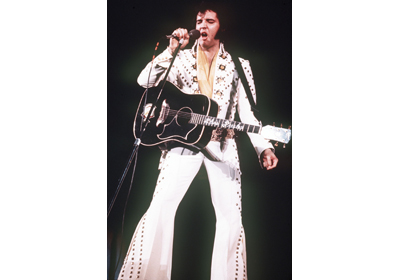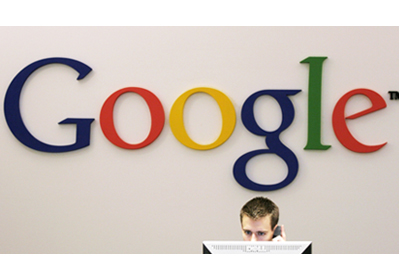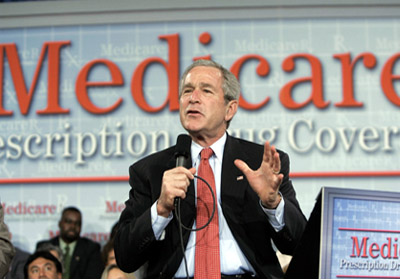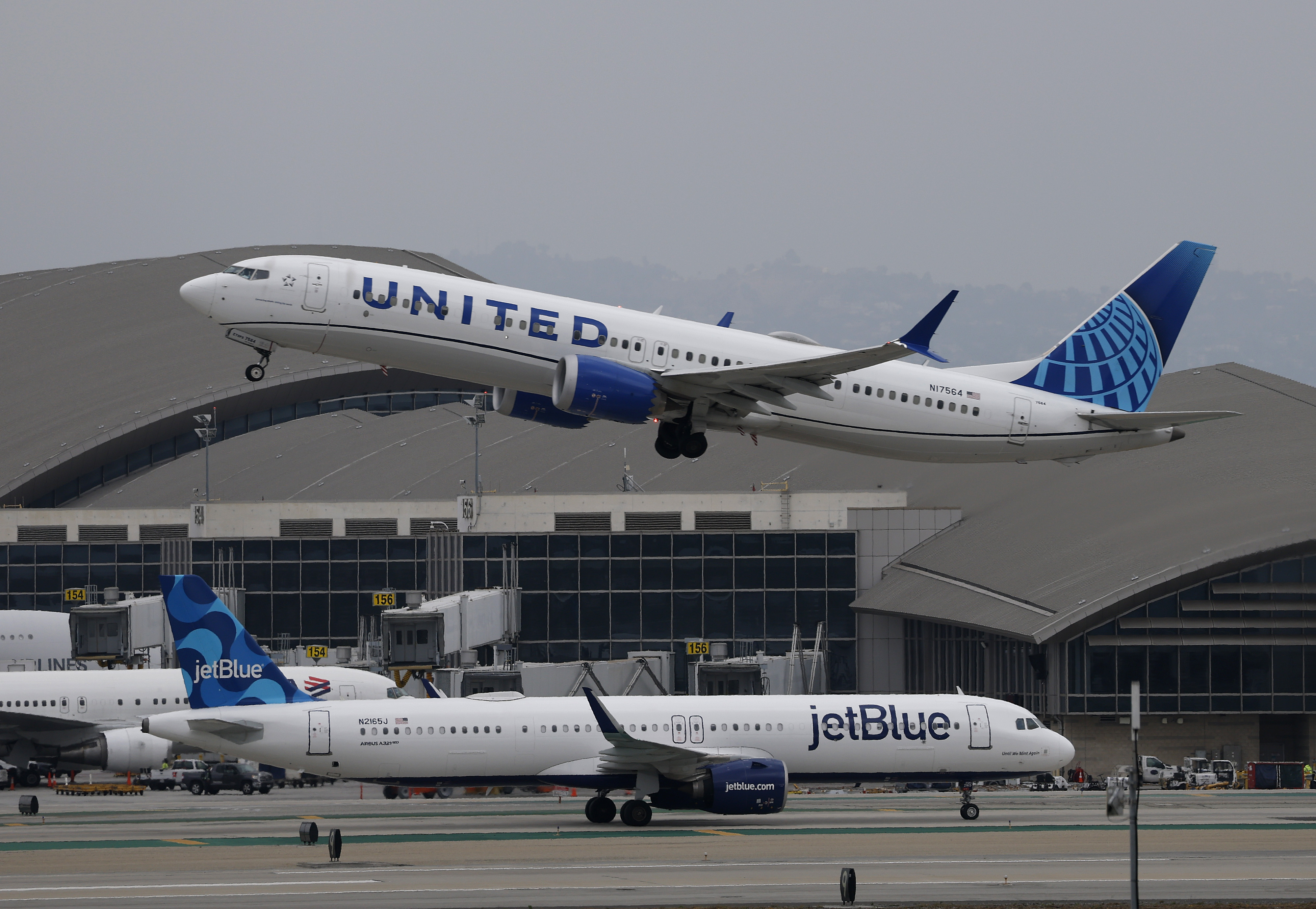Profit and prosper with the best of Kiplinger's advice on investing, taxes, retirement, personal finance and much more. Delivered daily. Enter your email in the box and click Sign Me Up.
You are now subscribed
Your newsletter sign-up was successful
Want to add more newsletters?

Delivered daily
Kiplinger Today
Profit and prosper with the best of Kiplinger's advice on investing, taxes, retirement, personal finance and much more delivered daily. Smart money moves start here.

Sent five days a week
Kiplinger A Step Ahead
Get practical help to make better financial decisions in your everyday life, from spending to savings on top deals.

Delivered daily
Kiplinger Closing Bell
Get today's biggest financial and investing headlines delivered to your inbox every day the U.S. stock market is open.

Sent twice a week
Kiplinger Adviser Intel
Financial pros across the country share best practices and fresh tactics to preserve and grow your wealth.

Delivered weekly
Kiplinger Tax Tips
Trim your federal and state tax bills with practical tax-planning and tax-cutting strategies.

Sent twice a week
Kiplinger Retirement Tips
Your twice-a-week guide to planning and enjoying a financially secure and richly rewarding retirement

Sent bimonthly.
Kiplinger Adviser Angle
Insights for advisers, wealth managers and other financial professionals.

Sent twice a week
Kiplinger Investing Weekly
Your twice-a-week roundup of promising stocks, funds, companies and industries you should consider, ones you should avoid, and why.

Sent weekly for six weeks
Kiplinger Invest for Retirement
Your step-by-step six-part series on how to invest for retirement, from devising a successful strategy to exactly which investments to choose.
My, how things have changed since Kiplinger's Personal Finance magazine got its start in 1947. Over the past six decades, we've witnessed quiet breakthroughs, giant technological advances and great tragedies. Click through our timeline to see some of the notable events and cultural markers that have helped shape the past 60 years.
The slide show begins to the right . . .
Photo: iStockphoto
Compiled by Amy M. Pollak

1947
TRUSTED PERSONAL FINANCE ADVICE IS BORN
W.M. Kiplinger had an idea to launch a consumer magazine designed to help Americans' manage their personal finances. The first issue came out two years after the end of World War II, as millions of former American servicemen and women were buying homes and starting families. The publication pioneered personal finance journalism, and 60 years later, still provides highly trusted, practical advice for generations of people.
Photo: Kiplinger Archives


1953
A MEAL IN MINUTES?
It didn't take long for TV to change the way many Americans enjoyed their family dinnertime. As the 1950s got into full swing, Swanson introduced the first TV dinner consisting of turkey, cornbread dressing and gravy, buttered peas and sweet potatoes. Instead of table talk, many started eating their dinner on trays in front of the black-and-white screen.
Photo: Courtesy Swanson



1963
THAT AWFUL DAY IN DALLAS
Camelot ended when Lee Harvey Oswald shot President John F. Kennedy, as the President was traveling in a Dallas motorcade. Today, millions of Americans still remember exactly where they were and what they were doing when they heard the news, much as their parents remembered the news of the attack on Pearl Harbor in 1941.
Photo: John F. Kennedy Library & Museum

1969
DOING THE MOON WALK
On July 20, Apollo 11 landed on the moon. Americans watched astronaut Neil Armstrong climb down a ladder and set his left foot on the lunar landscape, as he uttered the now-historic line: "One small step for man, and one giant leap for mankind." At the time, many Americans believed interplanetary space travel would be routine by 2001. How wrong they were.
Photo: Courtesy GRIN

1969
MUPPETS TAKE MANHATTAN. THE WORLD COMES LATER Sesame Street got its start, leading to 4,000 episodes of the popular children's TV program that can still be seen to this day in multiple languages. Jim Henson's Muppets have taught three generations of children shapes, colors and math in more than 120 countries.
Photo: Courtesy Sesame Street


1976
BEHOLD THE MIRACLE OF INDEXING
Mutual fund legend John Bogle devised the first stock index fund, the Vanguard 500, and offered it to individual investors. Today, with more than $950 billion in total assets and more than 21 million shareholders, the Vanguard 500 index fund remains one of the world's largest index funds.
Photo: Courtesy Vanguard


1981
THE PC IS BORN
IBM debuted the world's first desktop personal computer. It quickly became a success--even though there wasn't much consumers could do on it other than make bar graphs, calculate numbers and play primitive computer games. Nowadays, PCs are inexpensive, ubiquitous and connect to the World Wide Web. Seems like there's not much you can't do with one.
Photo: Courtesy IBM

1981
VIDEO KILLED THE RADIO STAR
MTV, a station shown only on cable TV, began with nonstop music videos. News and entertainment programming for teenagers and young adults followed. Then came shows featuring real teens and college students in a format quickly dubbed "Reality TV." MTV has spawned sister stations, a film subsidiary and many imitators.
Photo: Courtesy MTV

1983
CAN YOU HEAR ME NOW?
Remember when you only had a land line rotary phone? Remember phone booths? Hard to imagine. The first cell phone debuted in 1983. Today the phones are much smaller, but come equipped with cameras, games, daily planners and Internet access. Some are so tiny you can wear them in your ear, looking to all the world like you're talking to yourself.
Photo: Courtesy Motorola

1998
FOUR HOURS? CALL YOUR PHYSICIAN
With the rollout of Sildenafil Citrate, more commonly known as Viagra, the little blue pill instantly became a blockbuster drug, advertised incessantly on TV. It soon led to a raft of other treatments for erectile dysfunction--and more commercials.
Photo: Courtesy Pfizer

1998
I'VE GOT ALGORITHM
Google began as a research project. Graduate students Larry Page and Sergey Brin wanted to create a better tool for finding information on the World Wide Web. Now Google is a multibillion-dollar search engine giant, and its name has become a verb in today's vocabulary.
Photo: AP


Profit and prosper with the best of Kiplinger's advice on investing, taxes, retirement, personal finance and much more. Delivered daily. Enter your email in the box and click Sign Me Up.
-
 Dow Leads in Mixed Session on Amgen Earnings: Stock Market Today
Dow Leads in Mixed Session on Amgen Earnings: Stock Market TodayThe rest of Wall Street struggled as Advanced Micro Devices earnings caused a chip-stock sell-off.
-
 How to Watch the 2026 Winter Olympics Without Overpaying
How to Watch the 2026 Winter Olympics Without OverpayingHere’s how to stream the 2026 Winter Olympics live, including low-cost viewing options, Peacock access and ways to catch your favorite athletes and events from anywhere.
-
 Here’s How to Stream the Super Bowl for Less
Here’s How to Stream the Super Bowl for LessWe'll show you the least expensive ways to stream football's biggest event.
-
 The Best (and Worst) Airlines for Flight Delays and Cancellations
The Best (and Worst) Airlines for Flight Delays and CancellationsWhich airlines should you book and which should you avoid if you want to make it to your destination on time?
-
 Cruise Lines Sue to Block Hawaii’s New Climate Tourism Tax
Cruise Lines Sue to Block Hawaii’s New Climate Tourism TaxState Tax Your vacation to the Aloha State could come at a higher price tag next year. Here’s why.
-
 The United and JetBlue Partnership: Everything We Know About Blue Sky So Far
The United and JetBlue Partnership: Everything We Know About Blue Sky So FarDOT approves Blue Sky, the United and JetBlue partnership that will give frequent fliers more ways to earn and use miles. Here's what you need to know.
-
 Struggling with How to Plan a Trip? These Companies Will Help
Struggling with How to Plan a Trip? These Companies Will HelpTravel Plans Sit back, relax and let the professionals handle the logistics.
-
 32 Ways to Make Money in 2025
32 Ways to Make Money in 2025business Check out these cool side hustles to earn bonus bucks this year.
-
 12 IRS Audit Red Flags for the Self-Employed
12 IRS Audit Red Flags for the Self-Employedtaxes If you are self-employed, minimize the odds of an IRS audit by avoiding these audit triggers.
-
 Business Cost Outlooks for 2022: Eight Key Sectors
Business Cost Outlooks for 2022: Eight Key SectorsEconomic Forecasts What’s in store for all sorts of business costs in 2022?
-
 PPP Loan Basics for Small Business Owners
PPP Loan Basics for Small Business OwnersCoronavirus and Your Money Although uncertainty and confusion have surrounded the Paycheck Protection Program since its launch, that shouldn't stop small business owners from participating in the loan program, which was just extended to May 31.
